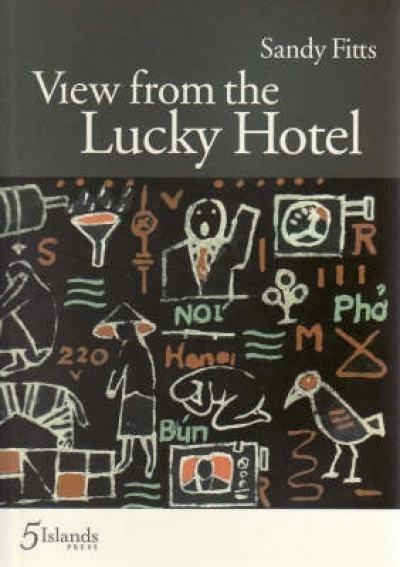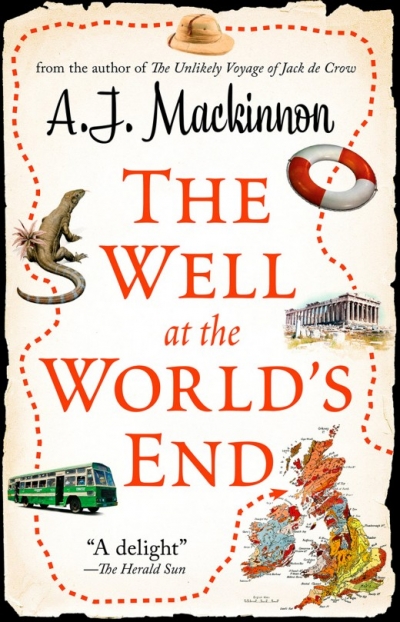Fiction
Always Will Be by Mykaela Saunders
There has been talk in recent years about so-called Indigenous Futurism. Referencing Afro-Futurism, futurist fiction that imagines a new postcolonial Africa, the Indigenous version imagines a postcolonial world for Indigenous people, a future where the world is the way it should always have been. One quirk, however, is that Indigenous Futurism leans on Indigenous notions of time, an eternal now in which past and future are mere directions. Writers of Indigenous Futurism know that it’s not only possible to imagine the future and the past at the same time, but that it is part of cultural practice.



























